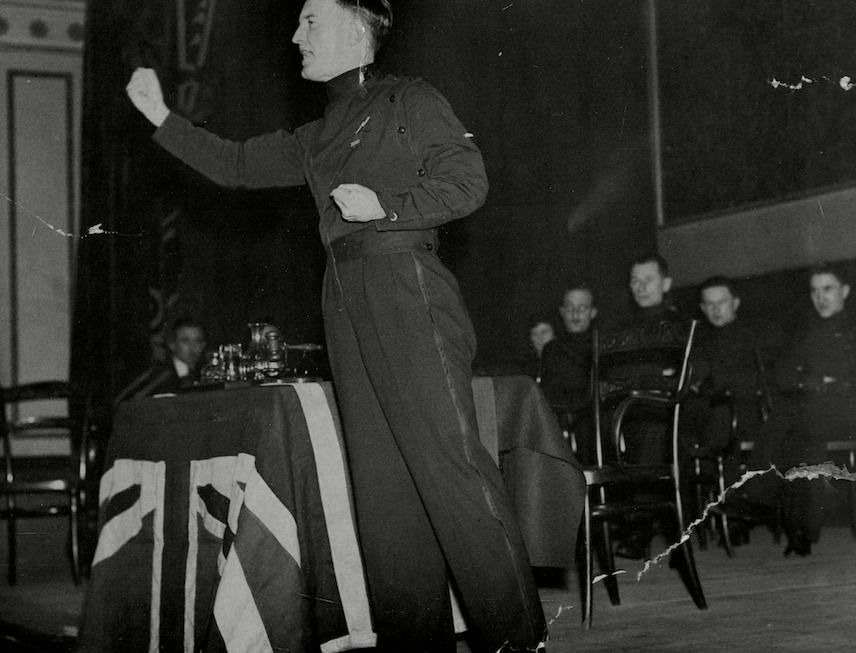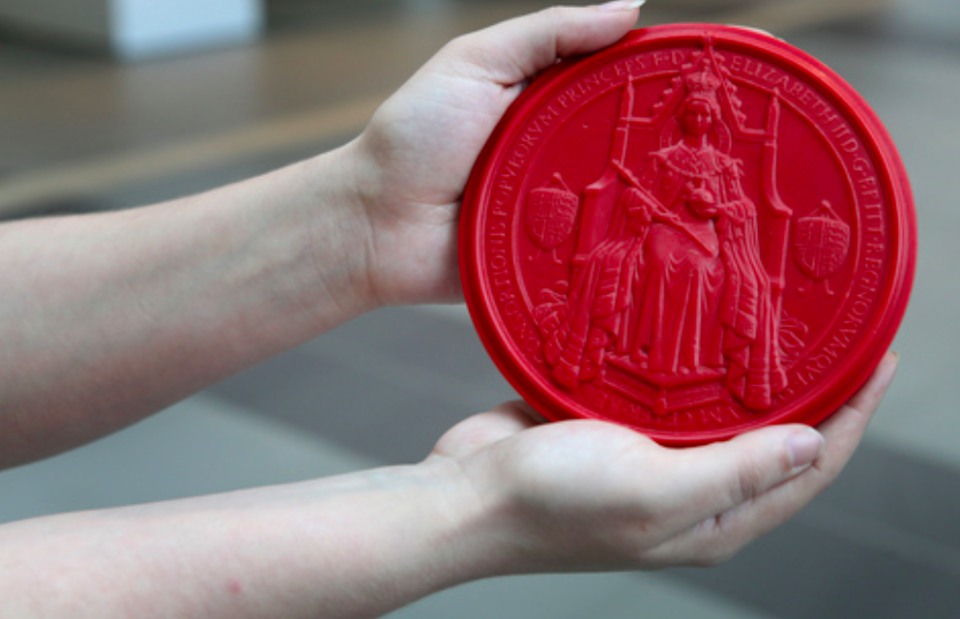10 crimes that are still considered treason in the UK

Capital punishment: Treason is no longer punishable by death (Rex)
Committing treason is one of the most extreme things you can be punished for in Britain.
While rare, acts of treason and high treason are still punishable - although the death penalty is no longer the ultimate sentence after it was scrapped in 1998 under the Crime And Disorder Act.
That is very fortunate for anyone committing acts of treason as the death penalty in the past didn’t mean an injection or gas chamber.
In fact, it was a lot worse as Guy Fawkes and his fellow comparators discovered when they were executed for treason in 1605 by hanging, drawing and quartering.
Nevertheless, guilty parties can expect a maximum term of life behind bars for acts of disloyalty to the Queen.
Britain’s Treason Act was written out in 1351 - and is still in force today, albeit with several amendments over the years.
The last time it was used was in 1946 at the trial of William Joyce, AKA Lord Haw-Haw.
He assisted Germany during the second world war by broadcasting Nazi propaganda and was ultimately executed by hanging.
But while the 665-year-old act may not be commonly used in the modern era, it has been brought up as recently as 2014 when the then Foreign Secretary Phillip Hammond suggested that British extremists who travel to Iraq and Syria to pledge allegiance to ISIS could be charged with high treason.

Fascist: William Joyce was the last person to prosecuted for season in the UK (Rex)
But what crimes today could still see you hauled before the courts and see you accused of disloyalty to the Crown and potentially stuck in a prison cell for the rest of your life?
Killing the Queen
If you kill the Queen, the Duke of Edinburgh or Prince Charles, you are toast. Or behind bars, anyway. That’s pretty much the case for killing anyone though, to be fair. Accidentally killing them is not high treason, however.
Counterfeiting the Great Seal of Scotland
Scottish law forbids anyone from trying to forge the Queen’s wax seal, that she uses instead of a signature on official documents. This isn’t just forgery, it’s high treason.

Helping out Britain’s enemies
Essentially you are a traitor if you start helping out the enemy. And that can be in this country or abroad - either way it’s a big no-no.
Sex with various Royals
Sorry, but you also can’t have consensual sex with monarch’s wife, heir’s wife or his unmarried eldest daughter. No specifics on any daughters after that but basically the Royal women highest up in succession are out of bounds.
Attempting to hinder the succession to the throne
Whenever the time comes for a new King or Queen (and we’re hoping it’s a long way away yet), you must not in any way, shape or form, stop that from happening. Quite how you would is another story, but it’s a serious offence.

Succession: Stopping Prince Charles from becoming King would see you prosecuted (Rex)
Calling for the abolition of the monarchy
Technically you could be sent to prison for advocating the abolition of the monarchy by any means, as part of the Treason Felony Act 1848. It was mistakenly thought to have been repealed in 2013 - but it has not been used in a prosecution since 1879.
Convincing someone to invade Britain
Convincing a “foreigner” to invade either Britain or any country that is part of the sovereign is considered treason - although you’d have to have an amazing way with words to make that happen.

Ill feeling: Wishing harm on the Queen is considered treason (Getty)
Saying you want something bad to happen to the Queen
Under the Treason Act (Ireland) 1537, you can technically be imprisoned for something as simple as writing or saying that you wish harm upon either the Queen or her heirs.
Keeping buildings or artillery used in war for longer than six days
If you “rebelliously detain, keep or withhold” fortresses, ships or artillery that are used in wars then you’re committing treason. But only after six days from when you’re ordered to give them up. Five days is fine.
Becoming a citizen of an enemy state during war time
If you are a British citizen but live abroad, you still owe your allegiance to the crown. If you were to become a legal citizen of that country during a time of war with Britain, you are considered a traitor and guilty of high treason.

 Yahoo News
Yahoo News 
